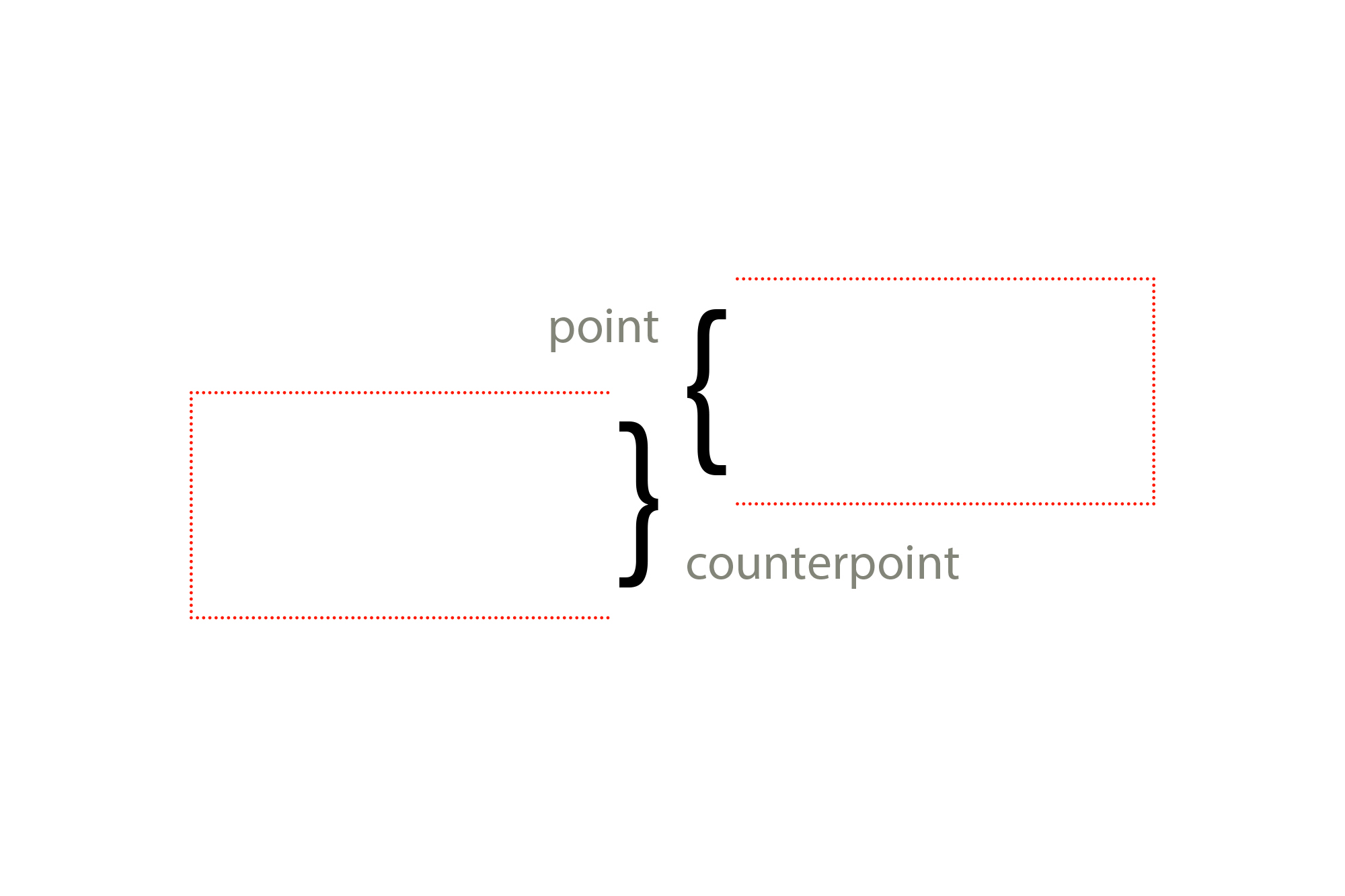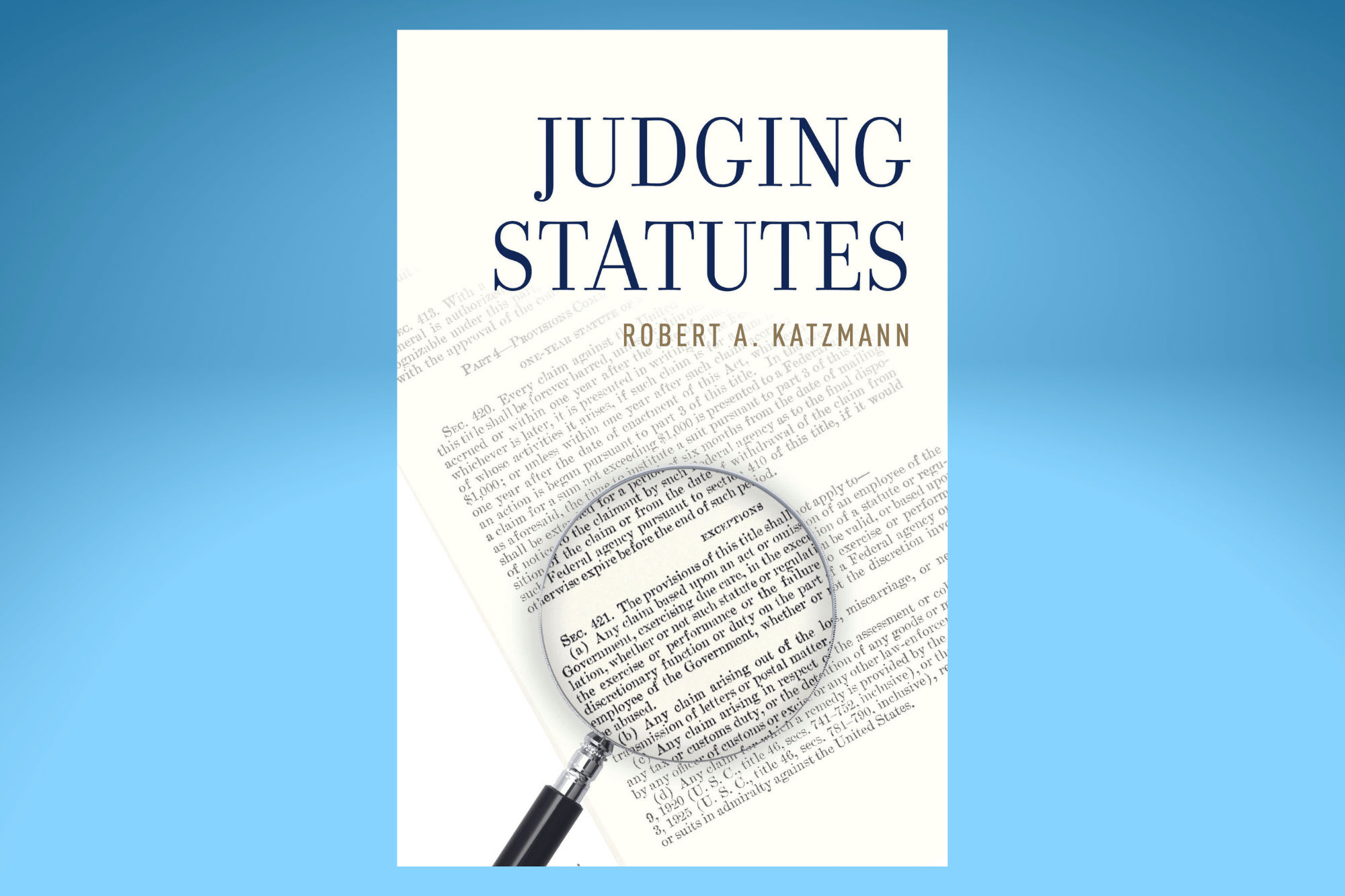State Courts
 Feature
Feature
A Tale of Two Restrictions
Vol. 106 No. 1 (2022) | Necessarily EngagedThe Dynamic Effect of Contribution Limits and Direct Solicitation Rules on Individual Donations to State Supreme Court Campaigns Campaign finance is regulated up and down the ballot under the government’s […]
 Point/Counterpoint
Point/Counterpoint
Jurors Asking Questions
by David R. Herndon and N. Randy Smith
Vol. 100 No. 1 (2016) | 100 Years of JudicatureIn some courtrooms, the practice of allowing jurors to pose questions to witnesses is gaining traction. Questioning witnesses allows jurors to clarify information and better understand the evidence and arguments […]
 Feature
Feature
Polarization and Partisanship in State Supreme Court Elections
Vol. 105 No. 3 (2021) | Leaving AfghanistanClick here to download this article’s accompanying appendix. The increase in partisan polarization in the United States over the last several decades is evident in a variety of ways: in roll-call […]
 Book Review
Book Review
Statutes — Clear or Confusing — What is a judge’s responsibility?
Vol. 100 No. 1 (2016) | 100 Years of JudicatureSecond Circuit Judge Robert A. Katzmann brings his unique professional career, including his distinguished experience and expertise in legislature, in academia, and as a jurist, to his masterful new book, […]
 Feature
Feature
Independent Spending in State Supreme Court Elections After Citizens United
Vol. 100 No. 1 (2016) | 100 Years of JudicatureIn January 2010, the United States Supreme Court ruled that bans on independent expenditures by labor unions and corporations violated the First Amendment’s guarantee of free expression. Given the polarizing […]
 Feature
Feature
DOS and DON’TS for Lawyers in a Changing World
by Huey Cotton
Vol. 100 No. 2 (2016) | A Judge in Public LifeIf you could see a dialogue bubble above the judge’s head showing what the judge is thinking while certain events unfold in the courtroom, you would be surprised at how […]
 Feature
Feature
Why Are State Judges Among Us?
by Amanda Ross Edwards and Elisha Carol Savchak
Vol. 100 No. 2 (2016) | A Judge in Public LifeA considerable number of judges are stepping away from the bench and their chambers in order to interact with the public through judicial outreach activities. Why? We execute a nationwide survey […]
 Briefs
Briefs
Crossing the line? Recent ethics cases show that the line between personal and judicial conduct can be blurred
by Cynthia Gray
Vol. 100 No. 3 (2016) | Who appointed me god?Not all extrajudicial conduct on which the public may frown has been considered sanctionable in judicial discipline proceedings; after all, as Robert Louis Stevenson wrote in The Strange Case of Dr. […]
 Feature
Feature
The Fluidity of Judicial Coalitions
by Dimitris Georgakopoulos, Frank Sullivan Jr. and Nicholas L. Georgakopoulos
Vol. 100 No. 3 (2016) | Who appointed me god?A surprising look at coalitions within the supreme courts of the United States and Indiana In June 2001, the United States Supreme Court decided three closely watched deportation cases by […]
 Briefs
Briefs
Up, Down, All Around
Vol. 100 No. 3 (2016) | Who appointed me god?Legislative proposals to change state supreme court compositions gaining popularity The last decade has seen a dramatic uptick in legislative efforts to change the composition of state courts of last […]

